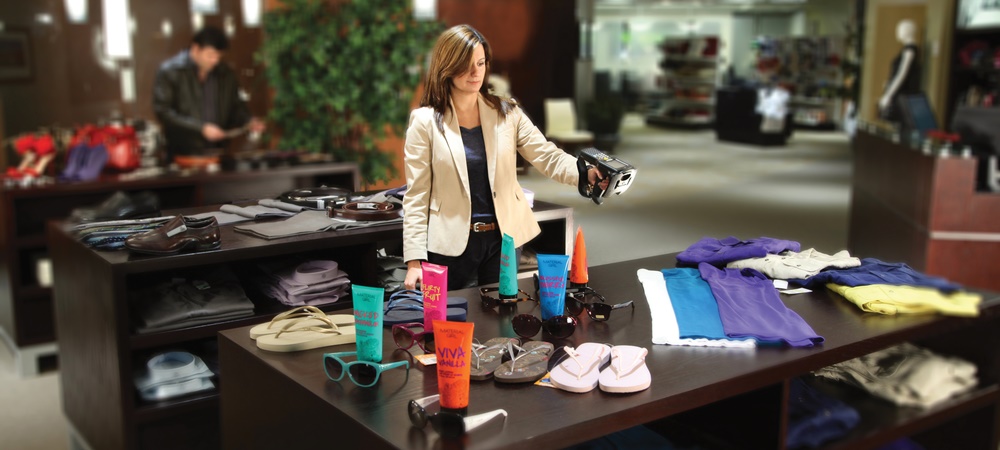A group of like-minded Australian retailers has joined forces to launch the RFID (radio-frequency identification) Coalition, aiming to bring the technology to the local market.
The group, which includes Myer, Country Road, Target, Super Retail Group and Nike, will share experiences, solutions and case studies in order to understand how the technology can be used.
Initial areas of interest include loss prevention, improved customer experience, inventory control, reduced labour costs and an improved POS. International retailers such as Zara, Uniqlo and Lululemon currently use the technology, and the Coalition wants to help local retailers get up to speed.
Myer has already trialled RFID at its Melbourne City store after experiencing high shrinkage numbers on Apple products. The retailer partnered with Checkpoint Systems to test a solution that involved applying RFID labels to all Apple merchandise in the store once it arrived from the distribution centre and had been checked off against the manifest.
National retail operations manager Gary Stones said the trial was a success. Results included a reduction in shrinkage and significant labour cost savings, with stocktake times reducing from 2.5 hours per day to 15 minutes.
“We are pleased to be involved from the beginning of the RFID Coalition,” Stones said. “The trials we have already run with this technology have proven to bring great benefits to Myer. We are keen to continue further RFID business benefit testing in other store locations across additional merchandise categories.”
GS1 Australia spearheaded the creation of the Coalition, and business development and partnerships manger Sean Sloan said he believes the group will pave the way for a greater understanding of the benefits and faster adoption of the technology.
“The best way to achieve this is through an industry wide approach. With an industry approach, suppliers can be confident they are investing in the right technologies for all their customers,” Sloan said.
Benefits of RFID
According to Steve Schenk, sales director inventory intelligence ANZ at Tyco Retail Solutions, which has deployed RFID-enabled inventory solutions for Zara and Lululemon, RFID is gaining momentum in Australia as the economic benefits become clearer.
As more retailers adopt omnichannel strategies—which can see inventory spread across multiple store locations, warehouses and distribution centres—Schenk said they need a solution that simplifies the stocktaking process.
“Omnichannel retailing is one of the most promising areas of growth for retailers today and tech-savvy consumers are demanding greater convenience, easier access to items and shorter delivery timeframes,” he said.
“To be successful a ‘fulfil from anywhere strategy’, where all inventory is treated as one giant pool of stock, is becoming increasingly important. Whether ordered online, in-store or via a call centre, the expectation for quick delivery Australia-wide is growing.”
Using a unique product code physically attached to an item, the RFID chip tracks every product from its source at the manufacturing plant through to point of sale. Retailers can monitor items once they arrive in store or at the warehouse, to quickly locate, replenish and ship products as required.
The customer experience can also be enhanced with RFID implementation, Schenk said.
“How efficiently can transactions be made, whether buying online, picking up in-store or shipping from a physical shop environment? The answer comes back to reliable information around stock availability.
“Reducing out of stocks is crucial to improving the shopper experience and building customer loyalty, especially in today’s high competitive retail sector.
“Other inherent benefits of RFID technology include the reduction in shrink from shoplifting and internal theft. The technology can also free up sales staff who can be more focused on selling, rather than spending hours tagging products in store.”
Sign up to the RetailBiz newsletter.

